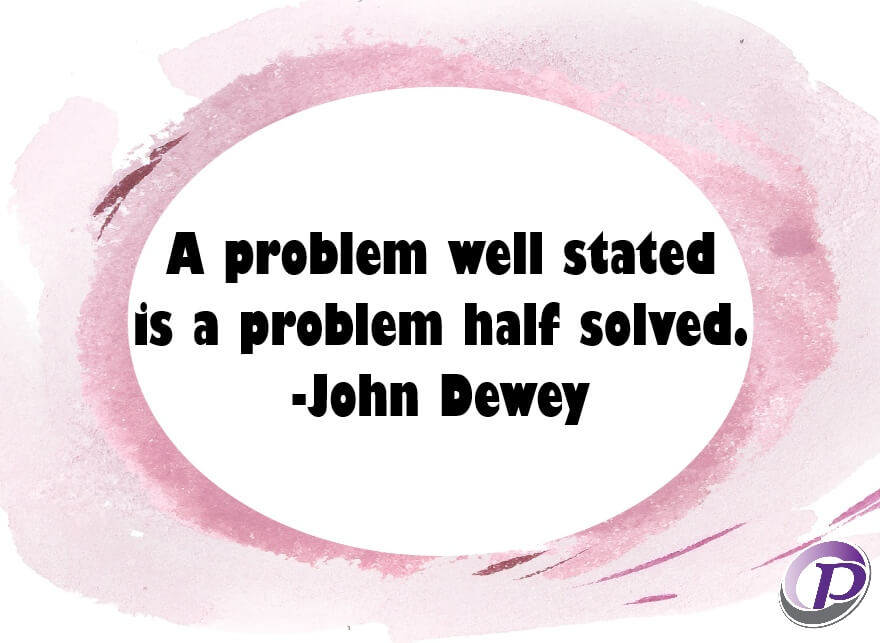
1 min readDefine Underperformance Correctly
by Guy Gage | February 27, 2022 | Business, Leadership

From A Partner
I had a great coaching call with a partner this week about one of his staff who is not performing to her optimal capabilities. He shared his theory about what was going on and what he was doing to address them. He said he gave her direct feedback so that she would know exactly where the problems were and what she needed to do to improve. Just like that. Bada Bing. Bada Boom. Next?
Hold on there, Sparky. As we talked, it became clear to me that there may be more going on that what the partner may have realized. And his solutions may not get the results he’s expecting.
It’s Not What You Think
This led me to once again be keenly aware that the way you define the situation determines the pool of solutions you draw from to address it.
For instance, if someone isn’t performing optimally, it could be for a number of reasons. Here are ones I’ve encountered over the years.
- They don’t know what to do
- They are led to believe that minimal effort is acceptable
- They are not motivated
- They lack a sense of ownership for their work
- They have shaky confidence in their ability
And there are more.
- Their personal life isn’t working
- They aren’t getting along with their manager
- They have physical or mental health issues
Each of these are different enough that the ways you respond to them will vary as well. For instance, if you think that someone is capable of a higher quality of work than what they are producing, you could determine it is because they are not motivated to put for the required effort. If this your conclusion, you would encourage them to be more diligent or hold them accountable in some way.
Getting It Wrong
However, what if the reason for under-performance was because they can’t say no and they have accumulated a load of work that is overwhelming? All of your encouragement in the world or holding them accountable for quality won’t help at all. In fact, you may end up discouraging them to the point that they decide to work someplace else. All because you defined the problem wrong. And of course, when they leave, you conclude it is because they aren’t a good fit. Or they don’t have what it takes.
Getting It Right
It is true—how you define situations will drive the pool of solutions you will draw from to fix them. So be thoughtful enough and define the situation correctly so that your solutions actually fix the problem and not create new ones.
Read Related Blogs:
It’s Not Fragility. It’s a Skills Gap – And You Can Fix It
Young professionals are entering firms in a markedly different mental and emotional state than previous generations. They’ve grown up amid economic instability, political and social division, and ongoing global conflict. At the same time, many were raised by highly...
Scale Your Expectations to Match the Season, Not the Ideal
Every season is unique and asks something different of you. Some chapters feel spacious and steady; others tighten the margins and demand more time, focus, or energy bandwidth than you’d prefer. When life intensifies, the instinct is often to cling to your ideal...
This Generation Won’t Sink or Swim – They’ll Just Swim Elsewhere
This generation does not respond to the old way of building careers. Seasoned partners often recall their first months on the job: dropped off at a client’s office, told to figure it out, and left to learn the hard way. They may have been under a watchful eye, but...



